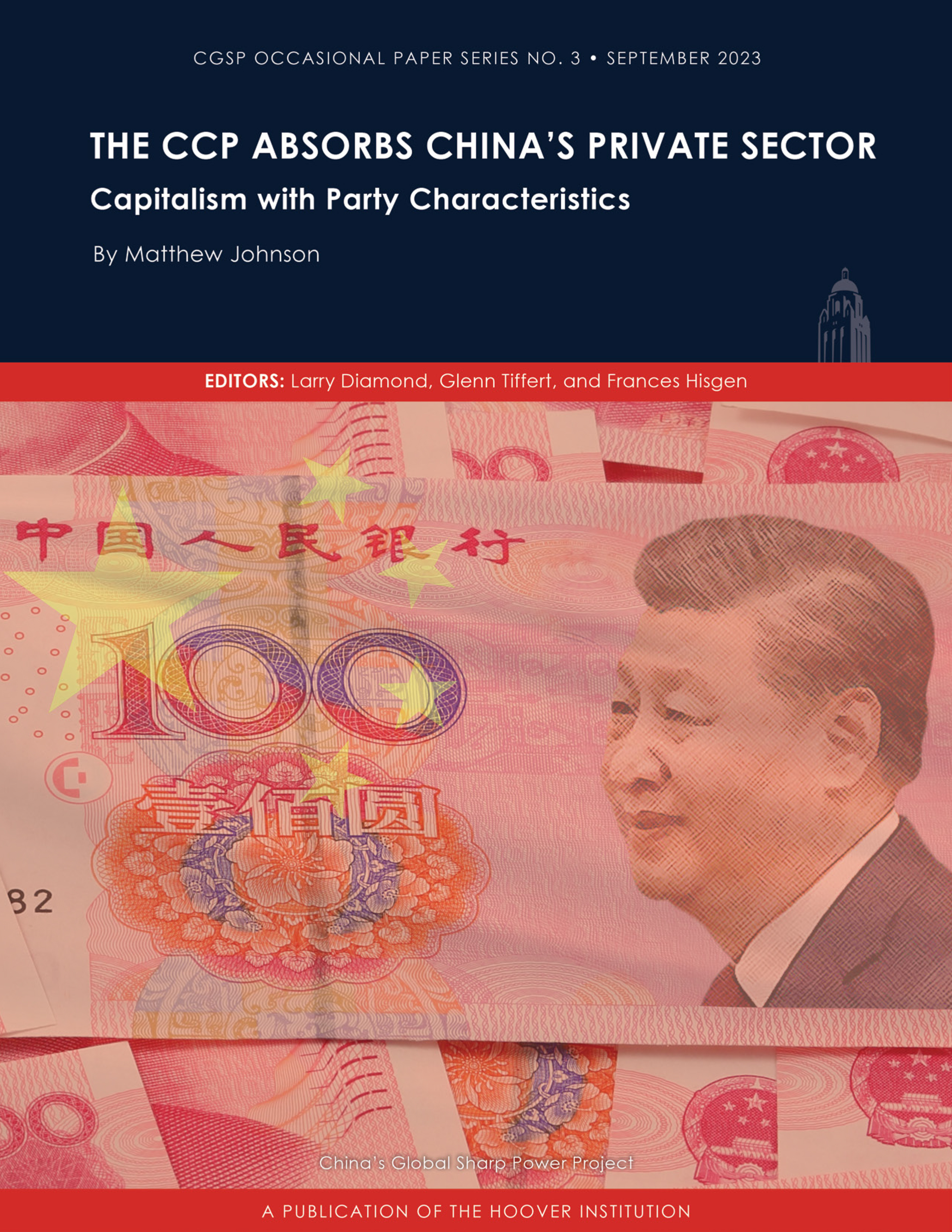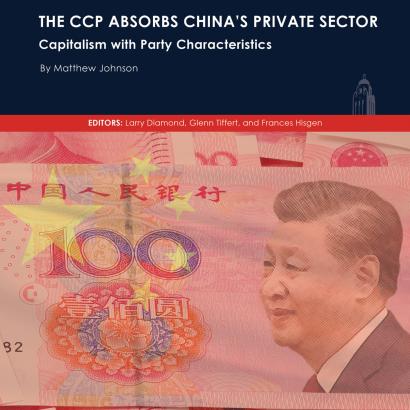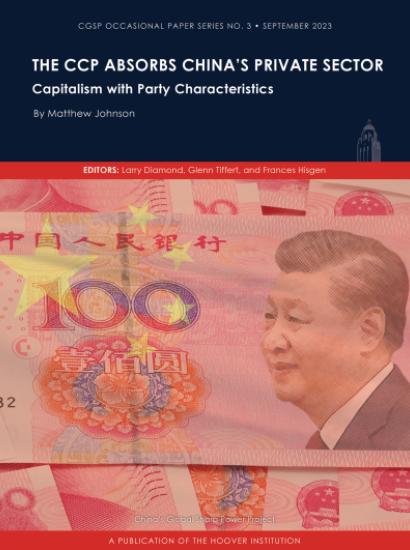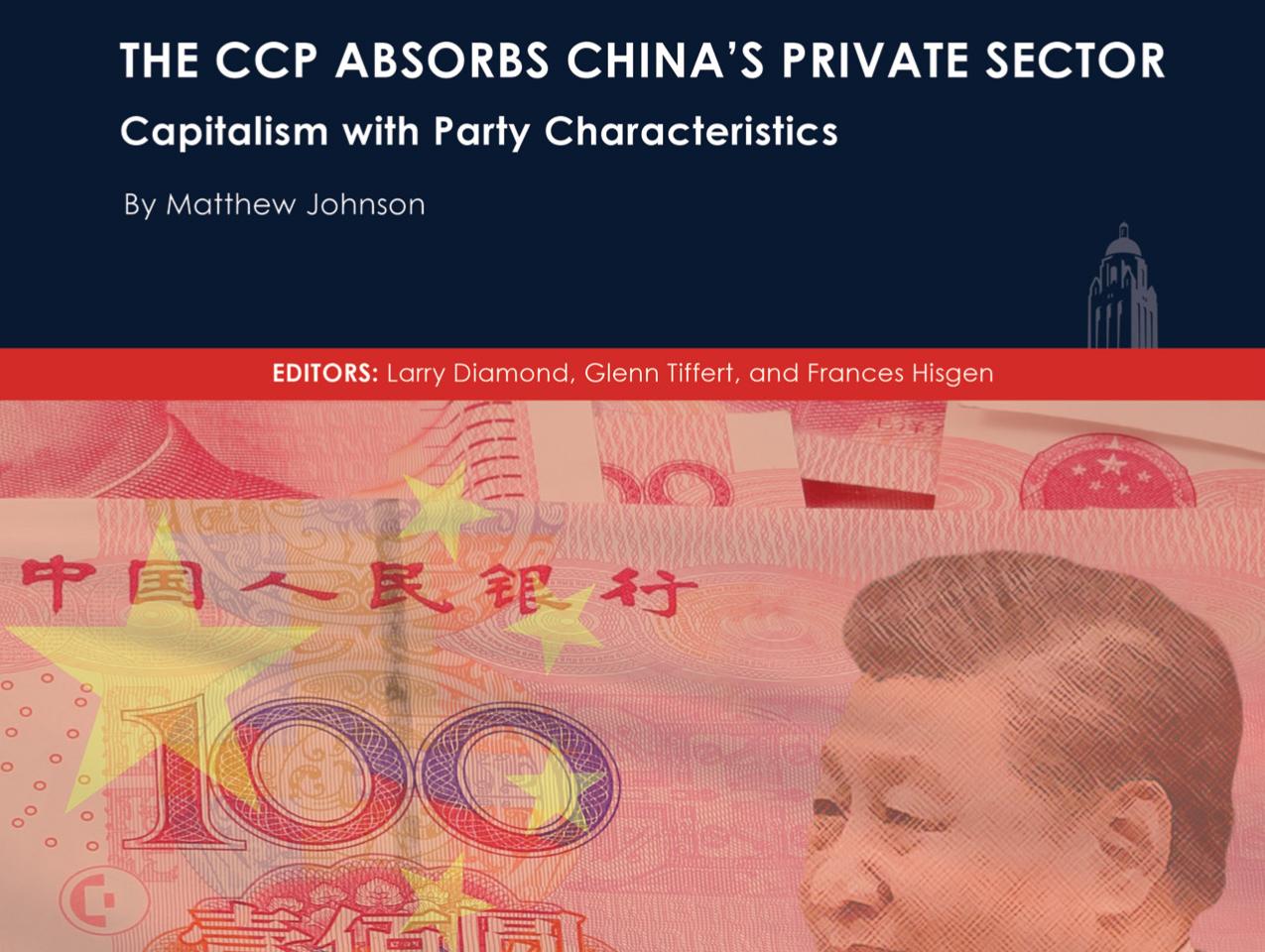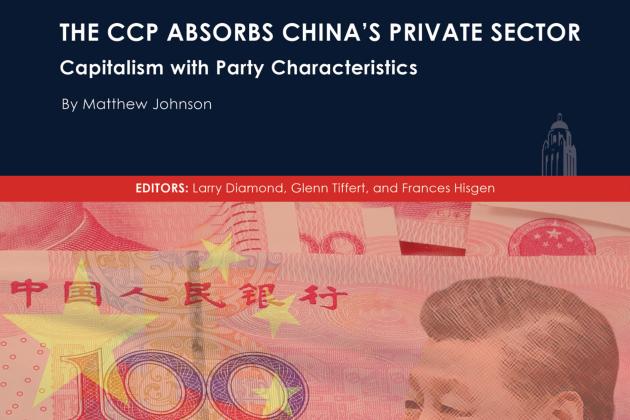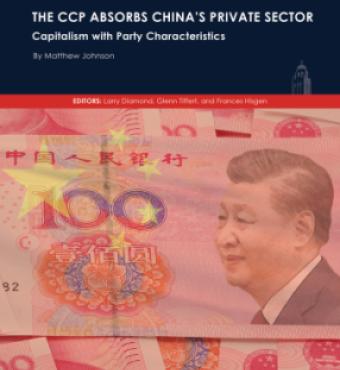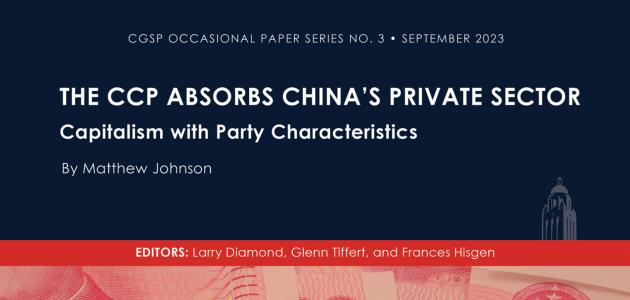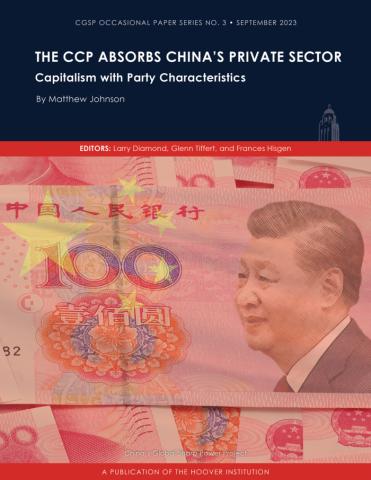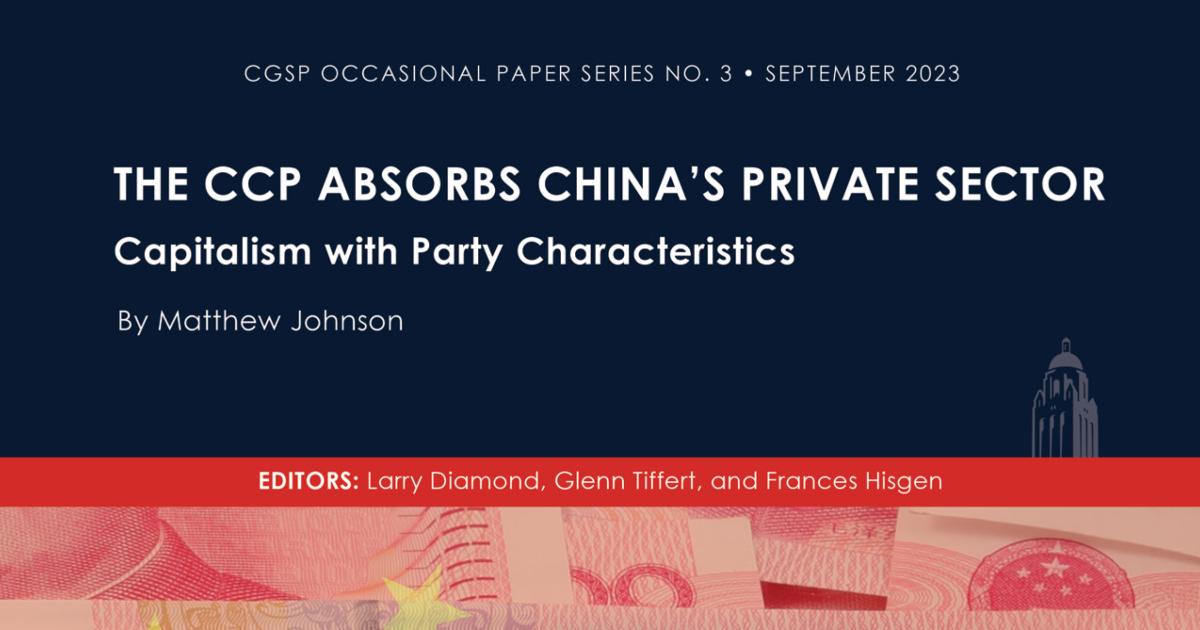- China
- Confronting and Competing with China
Headline-grabbing crackdowns on some of the best-known firms in the People’s Republic of China (PRC) are not isolated phenomena. Rather, as this report by Hoover visiting fellow Matthew Johnson shows, the PRC’s economic development has entered a new stage of development marked by a reassertion of party-state authority over areas where the private sector has grown rapidly or is threatening CCP General Secretary Xi Jinping’s vision of socialism.
Xi has launched a massive structural undertaking that harnesses private capital to restore the party’s political authority across China’s economic landscape, while preserving the technology and capital flows necessary to realize his ambition of making the PRC the world’s dominant superpower.
Xi’s strategy incorporates three key agendas:
- Offensive decoupling. Decreasing the PRC’s dependency on the world while making the world increasingly dependent on the PRC.
- Leverage. Developing the PRC’s self-sufficiency in high-tech sectors while amassing leverage over global resource flows, technology supply chains, and human talent.
- Coercion. Using the size of the PRC’s economy—what Xi Jinping calls a “powerful gravitational field”—to exploit the economic vulnerabilities of others.
Johnson unpacks these agendas and concludes that there is no meaningful way to analyze the PRC’s private sector apart from CCP efforts to harness private capital for specific national goals as the party defines them—a list that includes defense, surveillance, propaganda, technological self-reliance, and supply-chain leverage over the global economy.
These findings paint a challenging picture for foreign investors, businesses, and governments. All will have to work cooperatively with party-controlled entities to maintain access to the PRC economy. VCs, fund managers, corporations, and other investors will need to consider that, in Xi’s party-steered private sector, firms are no longer private in any meaningful sense of the word. They are fused with the party-state and are therefore less innovative, less nimble, harder to price—and more suspect in foreign capitals.
Foreign investors, businesses, and governments must grapple with new risks in a PRC economy where state objectives come first and national security underpins everything. The CCP Absorbs China’s Private Sector: Capitalism with Party Characteristics furnishes a guide to this environment.
The CCP Absorbs China’s Private Sector: Capitalism with Party Characteristics by Hoover Institution







